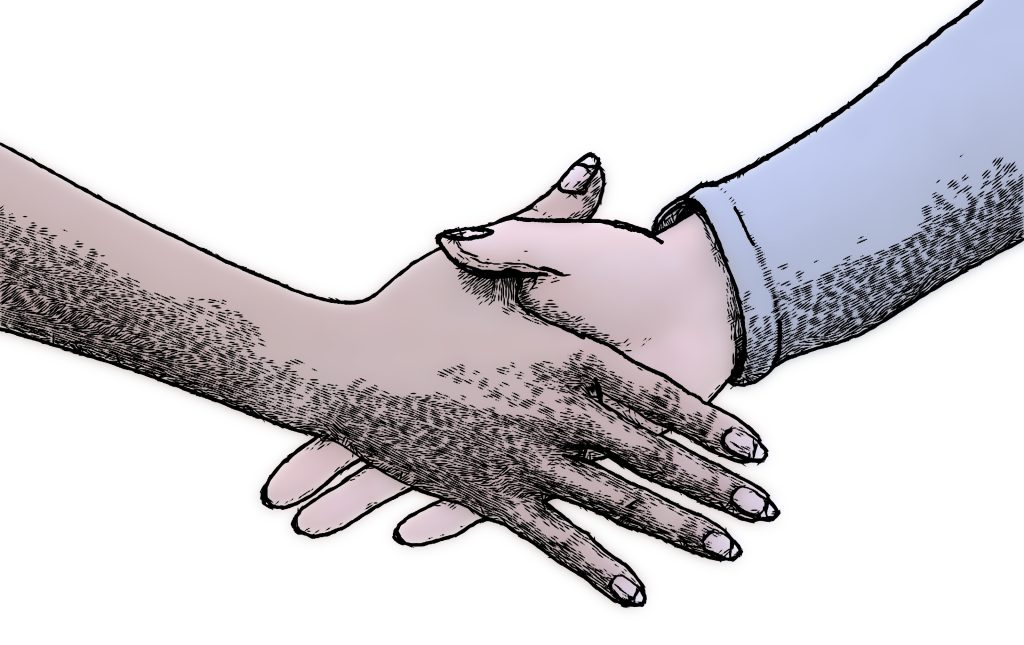Explore the Benefits of Virginia Divorce Mediation vs. Litigation
I. Intro
Divorce mediation is an alternative dispute resolution process where the parties work with a third-party neutral, i.e., a mediator, to settle their disputes out of court. If a mediation is successful, the parties reach a comprehensive divorce settlement which puts them in a position to obtain an uncontested divorce.
This is as opposed to a traditional, litigated divorce where one party files a complaint for divorce prior to having issues stemming from their marriage and divorce resolved. In such cases, the parties will engage in discovery (interrogatories, depositions, request for production documents) and the court will set status conferences and trial dates.
At Kales & Kales, we understand traditional litigation has a time and a place and can occasionally be necessary, particularly with the emotional and legal complexities of divorce. However, if the parties are willing to consider divorce mediation, there are a number of areas where mediation has a comparative edge over traditional litigation.
II. Cost Savings
Divorce, no matter which process option you choose, is not an inexpensive process. However, usually couples who mediate spend less than people who litigate.
At Kales & Kales, we charge $425 per hour for mediation sessions. On average, a mediation session lasts 2-3 hours. There are, of course, couples who reach settlement in one session and other couples who mediate for more than three sessions, but 2-3 sessions is typical.
Once an agreement in principle is reached, we ask for a deposit against which we will bill at our hourly rate when drafting your Marital Settlement Agreement. The other costs of divorce mediation include communications between mediation sessions, attorney review of your Marital Settlement Agreement prior to signing it, if desired, and the processing of your divorce through the court system.
In a traditionally litigated case, two attorneys are running clocks and the parties will incur attorney fees for discovery, motions and memoranda, drafting of Agreements, negotiations, review of documents, court appearances, settlement conferences, and trial prep/appearances. You may also incur expert witness fees. The process generally takes much longer, usually involves more professionals, and is therefore typically more expensive.
III. Control Over Outcome
Perhaps the largest advantage divorce mediation has over traditional litigation is the parties are able to retain control of the outcome—outcomes involving highly personal issues like child custody and support, spousal support, and asset division.
The end goal of mediation is for the parties to reach a comprehensive Marital Settlement Agreement—an Agreement in which the parties both had input. Often the Marital Settlement Agreements we draft at Kales & Kales include creative solutions to our clients’ issues—allowing both parties to protect their goals and interests. People are free to place a priority on what issues are most important to them and compromise accordingly, i.e., they may give in one area and take in another.
The finale of a traditionally litigated case is a child custody trial and an equitable distribution trial. At trial, the judge will hear evidence and make rulings based on the evidence presented. He or she is bound by the confines of their statutory authority. Creativity is limited.
IV. Preservation of Relationships
As we previously indicated, divorce is not financially inexpensive. It, no doubt, takes an emotional toll as well. It is not lost on us, the attorneys of Kales & Kales, what a difficult and emotional time our mediation clients are going through.
Mediation allows the parties a safe place to discuss the issues before them. Years of experience have given us the knowledge of when it is important to let a client speak so they can be heard and when to step in so that we can start moving forward. Although we can’t say our mediation clients are able to form friendships after their divorce, our goal is always that they reach an Agreement they can live with and that they can rely upon to provide answers if they find themselves disagreeing in the future. We’re providing a framework for their future interaction, and we understand this.
In litigation, however, it is rare that preserving the relationship between the divorcing parties is taken into account. Because of the adversarial nature of litigation, feelings may be affected for years to come, particularly in hard fought litigation cases.
V. Conclusion
Although not every case is suited to mediation, when it is a viable option, clients would be well advised to consider mediation. It has a number of advantages over traditional litigation, including cost savings, control over outcomes and preserving your future relationship.

